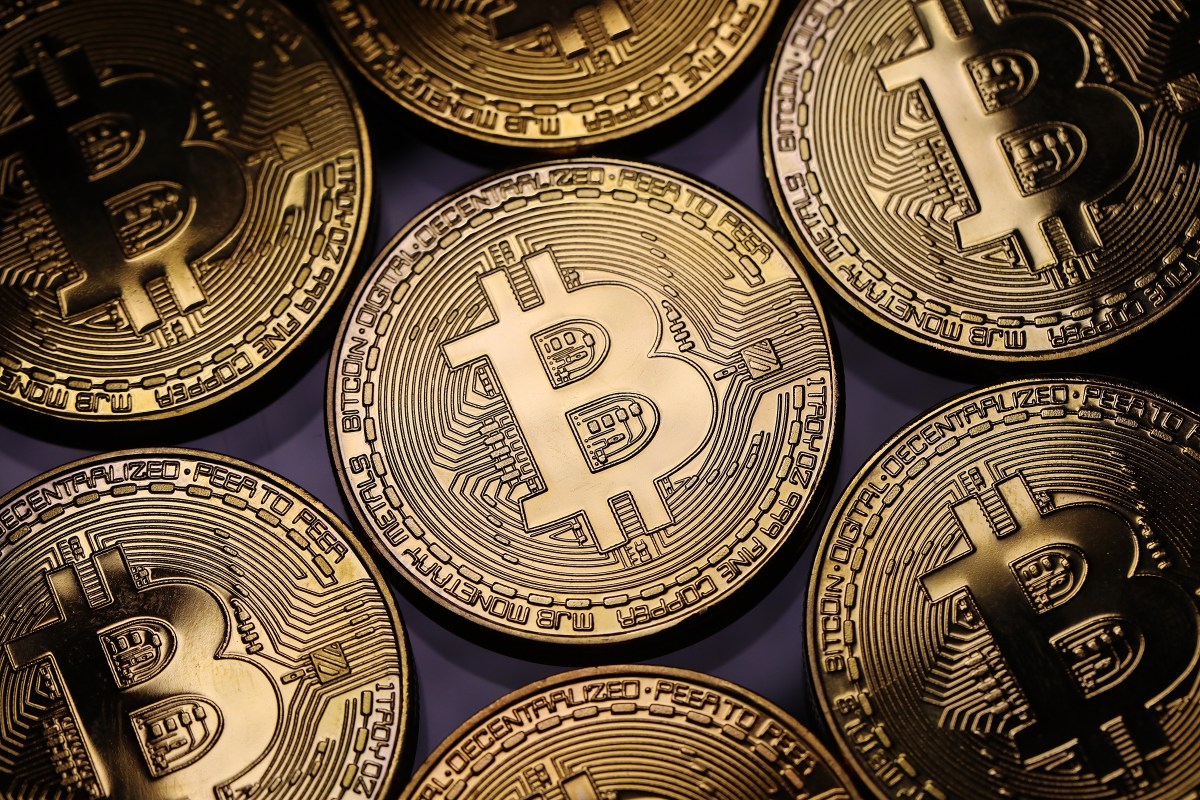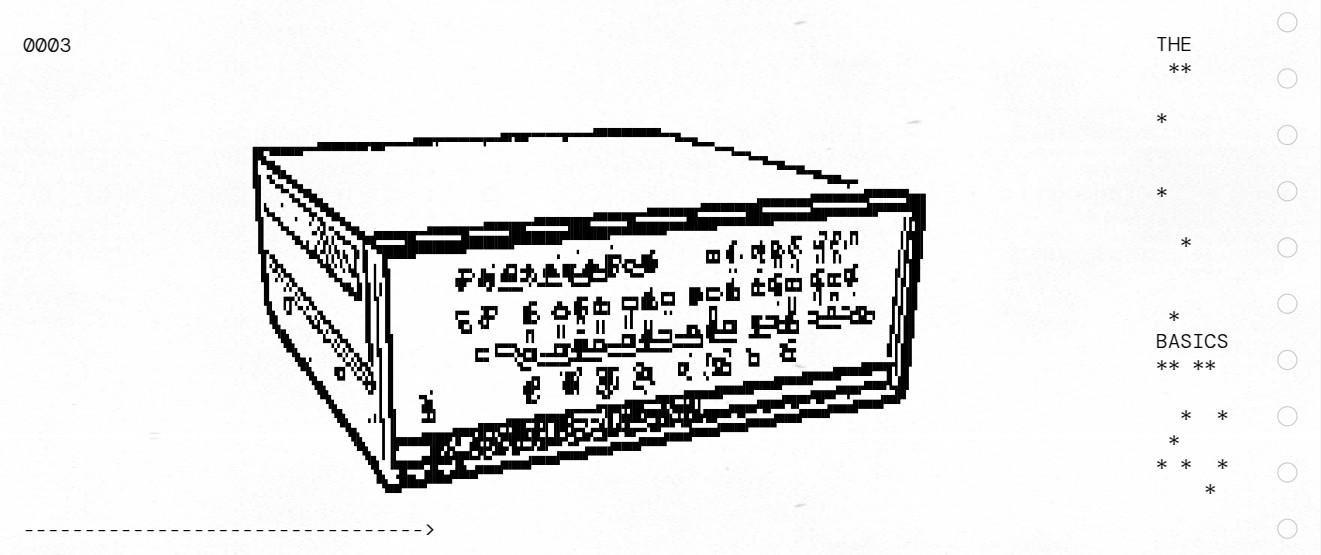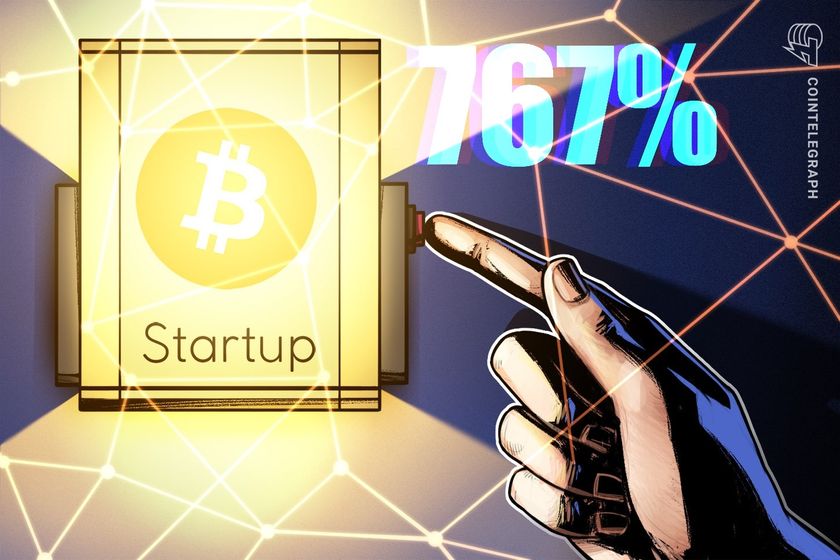Analysis: Japan Will Reclassify Crypto as Financial Products—What It Means for Investors
Japan is taking a significant step toward reshaping its approach to cryptocurrency regulation. By 2026, the Financial Services Agency (FSA) plans to reclassify crypto assets as financial products under the Financial Instruments and Exchange Act. This shift will bring cryptocurrencies under the same regulatory framework as stocks and bonds, subjecting them to insider trading rules and stricter oversight.The decision reflects Japan’s shifting stance on digital assets. Initially recognized primarily as a payment method, cryptocurrencies have grown into an investment class with increasing market influence. As blockchain technology and cashless transactions gain momentum, integrating crypto into the broader financial system appears to be a logical progression. However, this reclassification also raises questions about market access, investor protection, and the long-term impact on innovation in the sector.Japan’s Crypto Regulations Have ChangedJapan has a history of regulating cryptocurrencies. In 2016, it recognized Bitcoin as a legal form of payment under the Payment Services Act. However, the regulatory framework treated crypto primarily as a payment method, not an investment vehicle. Over time, as the market grew, challenges such as fraud, manipulation, and unclear regulations emerged. By the end of 2024, Japan had around 11.8 million crypto accounts, an increase of about three million from the previous year. The country ranked 23rd globally in crypto adoption, alongside South Korea and Hong Kong.

Japan is taking a significant step toward reshaping its approach to cryptocurrency regulation. By 2026, the Financial Services Agency (FSA) plans to reclassify crypto assets as financial products under the Financial Instruments and Exchange Act. This shift will bring cryptocurrencies under the same regulatory framework as stocks and bonds, subjecting them to insider trading rules and stricter oversight.
The decision reflects Japan’s shifting stance on digital assets. Initially recognized primarily as a payment method, cryptocurrencies have grown into an investment class with increasing market influence. As blockchain technology and cashless transactions gain momentum, integrating crypto into the broader financial system appears to be a logical progression. However, this reclassification also raises questions about market access, investor protection, and the long-term impact on innovation in the sector.
Japan’s Crypto Regulations Have Changed
Japan has a history of regulating cryptocurrencies. In 2016, it recognized Bitcoin as a legal form of payment under the Payment Services Act. However, the regulatory framework treated crypto primarily as a payment method, not an investment vehicle.
Over time, as the market grew, challenges such as fraud, manipulation, and unclear regulations emerged. By the end of 2024, Japan had around 11.8 million crypto accounts, an increase of about three million from the previous year. The country ranked 23rd globally in crypto adoption, alongside South Korea and Hong Kong.













































































































































































![[The AI Show Episode 142]: ChatGPT’s New Image Generator, Studio Ghibli Craze and Backlash, Gemini 2.5, OpenAI Academy, 4o Updates, Vibe Marketing & xAI Acquires X](https://www.marketingaiinstitute.com/hubfs/ep%20142%20cover.png)































































































































![[DEALS] Microsoft Office Professional 2021 for Windows: Lifetime License (75% off) & Other Deals Up To 98% Off – Offers End Soon!](https://www.javacodegeeks.com/wp-content/uploads/2012/12/jcg-logo.jpg)













































































































































_Anthony_Brown_Alamy.jpg?#)
_Hanna_Kuprevich_Alamy.jpg?#)




.png?#)

























































































![Hands-on: We got to play Nintendo Switch 2 for nearly six hours yesterday [Video]](https://i0.wp.com/9to5toys.com/wp-content/uploads/sites/5/2025/04/Switch-FI-.jpg.jpg?resize=1200%2C628&ssl=1)
![Fitbit redesigns Water stats and logging on Android, iOS [U]](https://i0.wp.com/9to5google.com/wp-content/uploads/sites/4/2023/03/fitbit-logo-2.jpg?resize=1200%2C628&quality=82&strip=all&ssl=1)














![YouTube Announces New Creation Tools for Shorts [Video]](https://www.iclarified.com/images/news/96923/96923/96923-640.jpg)

![Apple Faces New Tariffs but Has Options to Soften the Blow [Kuo]](https://www.iclarified.com/images/news/96921/96921/96921-640.jpg)




































































































































